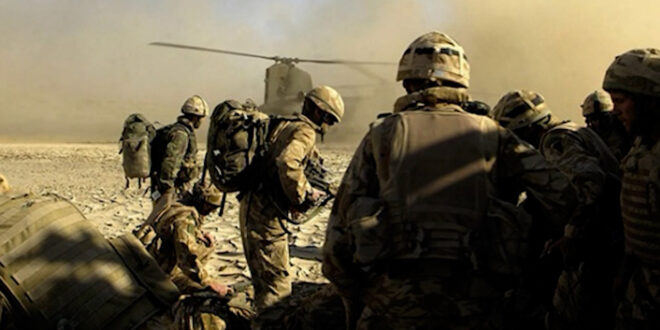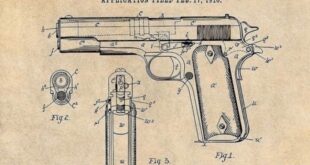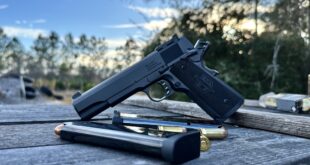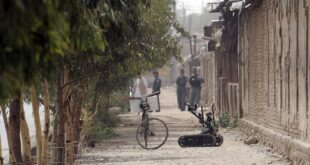Ten years after British forces concluded their combat mission in Afghanistan, veterans commemorate their service in Operation Herrick. That was the codename for the UK’s military mission in Afghanistan, which began in 2002. British forces remained for a decade, and officially ceased all combat operations there on On 27 October 2014.
The conflict cost the lives of 457 British lives, with many more suffering injuries.
A number of veterans spoke to the UK’s Strep podcast, and shared how the deployment shaped them.
One of those, Stuart Tuttle, a colonel in the Parachute Regiment, was Commanding 3 Para – the “first battalion and, in fact, battlegroup that went into Helmand Province in 2006.”
It gave him “a touchstone of faith that whatever I do and have done in the rest of my life, it was the most rewarding thing I ever did,” he said.
“I’ve had a good life and I was very lucky to come back from Afghanistan untouched in a way that many were not.
“That is the most remarkable, commendable thing I think that I’ve ever done. And that’s because of the people I was with.”
He credits his fellow soldiers.
“Seeing the enormous sort of gallantry and self-sacrifice, which was often heart-rending,” he said.
But there are also “low points.”
“I zipped far too many people into body bags,” he said. “I had to have far too many conversations with family members.”
Maj Gen Nugee said the Army had to work out how to adapt to the conflict and change the kit that was available.
“We changed our equipment, we changed our mindset, we changed our training. We changed just about everything to win the war in front of us because that was what was important,” he said.
“And inevitably, therefore, the sort of campaign that we’re seeing in Ukraine… was not at the top of our agenda.
“While we absolutely need to understand that and how to fight that, we needed to win the war in front of us.”
Currently, the British Army has a fleet of protected patrol vehicles including Foxhounds and Ridgebacks.
These were all procured for desert fighting, but they can still play a role now, Maj Gen Nugee said.
“We can use some of them, without a doubt,” he said. “We have learned how we can use them in different types of operation.”
The Afghanistan veteran explained tanks were not used in Op Herrick, with artillery also not used much.
This resulted in the Army losing the capability and “more importantly… the equipment”.
One former Royal Marine and Invictus Games athlete, Mark Ormrod, spoke to interviewers about his own experience.
He was the first triple amputee to survive his battlefield injuries when he lost his right arm and both legs in action on Christmas Eve 2007.
Ten years after the end of Operation Herrick, Mr. Ormrod told BFBS Forces News: “I knew back when I signed on the dotted line this was a possibility, and worse. I felt proud of the small part that I played.”
– Based on reports from British Forces Net
 Soldier of Fortune Magazine The Journal of Professional Adventurers
Soldier of Fortune Magazine The Journal of Professional Adventurers






